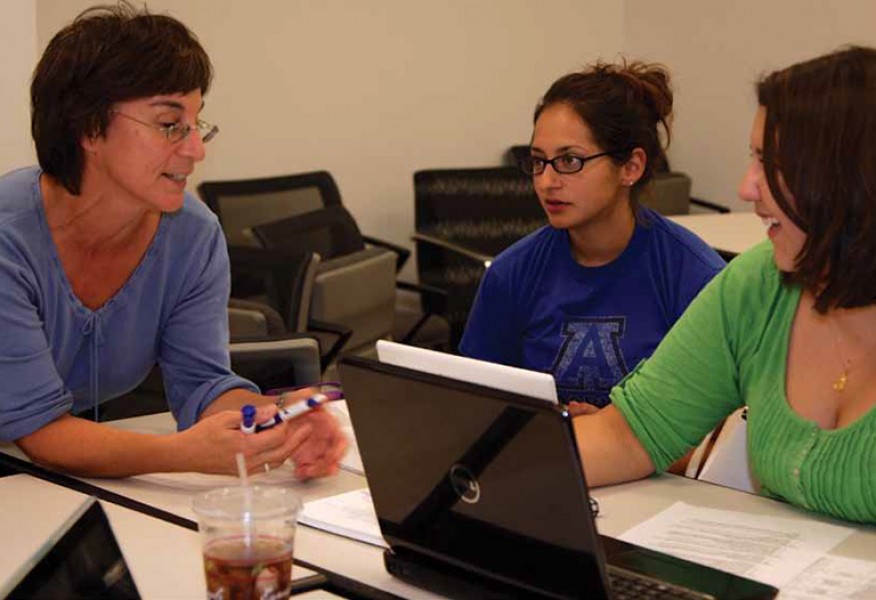Sue Ann Savas, MSW ’88, had plans to go to law school, but soon after earning her BA in economics, she began working at an orphanage in New York City, and Savas knew she was on to something really special.
“I had always worked with children and families through coaching and summer camps, but I soon realized I could only help them in so many ways… and then I’d hit a wall,” she said.
Savas had a change of plans when she realized she could help families more therapeutically with an MSW and a minor in community organizing.
While working on her MSW, a professor invited her to work on an evaluation project.
“He said I was a natural,” she smiled. “That project was the beginning of great things ahead for me.”
While working on the project she attended a conference in England where she met other UM evaluators, who were looking for an assistant. Soon after the conference, Savas was hired by Boysville of Michigan, a nonprofit correctional facility, where she ran the evaluation unit for the next 12 years. Savas had landed that job with six months to go to complete her MSW!
During that first decade of her MSW career, Savas was invited by UM SSW Dean Paula Allen Mears to teach program evaluation. It wasn’t long before student interest grew in evaluation, and her teaching load doubled.
“It was time for a career change, so I left Boysville to focus on teaching at UM and began a communitybased evaluation consulting firm,” Savas said.
It wasn’t long before UM SSW Dean Laura Lein invited Savas to create a program evaluation-training unit at the School. The Curtis Center Program Evaluation Group was established in response to the national demand for high-quality program evaluation.
Not only is the training program innovative, but her clinical faculty position was something new when she joined the SSW in the spring. Typically, clinical faculty positions involve training in an aspect of social work practice, but the new position in program evaluation takes on a new direction in practice work.
“This is a legacy job…I provide professional training to create the next cadre of students who will evaluate projects and determine their sustainability…it’s my way of giving back.”
With the support of faculty supervisors, masters-level students join community-based project teams to plan and conduct program evaluations with agencies throughout the country. Currently there are 23 students working on 15 sponsored projects to allow for sustainability for funded projects.
And the program continues to grow. Savas also created a bridging semester, which allows students to continue evaluation work as a post-MSW fellowship to increase confidence in their abilities and to identify where additional exposure may be needed.
What’s next, Savas was asked.
“I’d love to create more post-MSW fellowships with a one-year appointment,” she answered. “Evaluators are critical to the implementation of any program. Evaluation is a necessity for a program to succeed and move forward, and it’s an absolute requirement for outcome and fiscal accountability.”
Written by Sue Ann Savas
